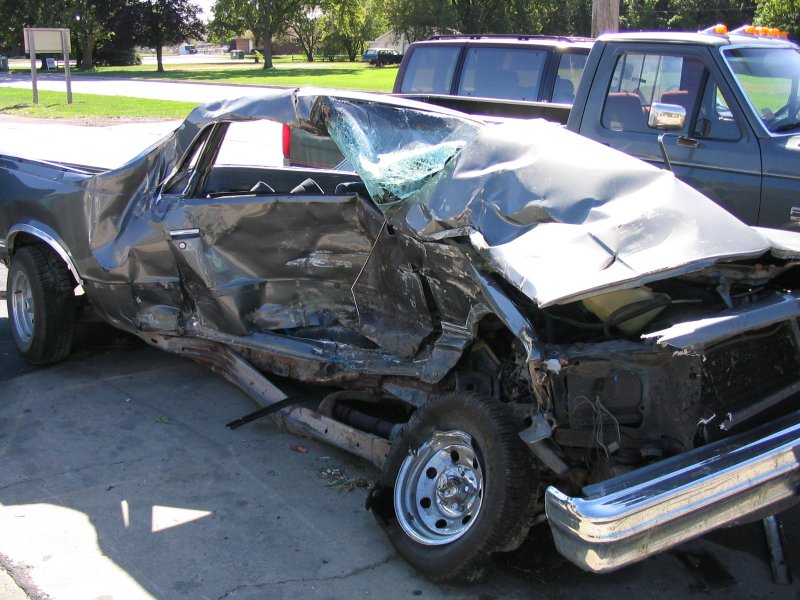For the majority of Americans, cars are a necessary part of everyday life. Cars help us get to where we need to go, especially in places without convenient public transportation. The expenses of owning, maintaining, and driving cars, however, are big parts of the family budget. Buying a car is not just a matter of putting a down payment and servicing the monthly amount - both unexpected and routine car expenses may take a significant dent out of your wallet if you are not prepared. Here are some ways how to make sure that doesn't happen.

Preparing for Unexpected Expenses
Unexpected expenses are things like accidents ("collision" in insurance-coverage speak) or natural disasters ("comprehensive"). No one expects to get into an auto accident, and no one expects their car to be crushed by a falling tree during a storm, but both things happen. Preparing for unexpected car expenses can be summed up in two words: Emergency Fund. A fund of easily-accessible cash will tide you over if you need to spend a few thousand dollars fixing a broken transmission or dealing with engine problems. Without an emergency fund, people may default to using credit cards. Unfortunately, if you use credit cards and cannot repay the bill in full, the interest rates charged on cards only mean that your car has just gotten a lot more expensive for you.
If you have an older car, you may have a better idea of what the "unexpected costs" will be - from past experience, I know that every year my car will cost me around $1,000-$1,500 just to keep it running in good condition (there is always something breaking!), so I put aside $120 a month so that when a big repair comes up, I'll have the money. I also keep an emergency fund just in case my car gets stolen or totaled. If you have a used car with a history of multiple owners, you might also want to save some more money for repairs. My friend bought a car that passed routine inspection but since the purchase has needed repairs every month or two. Aside from the emergency fund, behavioral factors also apply. Drive safely, don't tailgate, warm up your car on the days that are especially cold - these are small adjustments you can make to reduce the likelihood of an accident or a broken-down car, which means you decrease the chances of paying to repair said broken-down car.
Preparing for Routine Expenses
During the recession, people may feel tempted to delay routine maintenance to save some money. But that tactic may increase your chance of having bigger problems down the road. It's better to keep up with routine repairs and scheduled tune-ups, especially if you, like I, drive an older car. My car has over 225,000 miles on it - I know that maintainence is critical. I take my car to the mechanic's for an oil change and a check-up every 3,000 miles, so that if there are problems, they will be caught and repaired early, before more damage is done. The best way to prepare for rountine expenses is to work these expenses into your monthly budget, even if you may only go to the mechanic twice a year or three times a year.
Let's say you expect your routine car expenses to be around $300 a year. To be safe, you might want to add 10% on top of that figure and divided it over the 12 months. So every month, you will designate $27.50 (round up to $30?) for your eventual car repair. You can even put it in a separate account (ING Direct has great subaccounts that can be used for this purpose). This way, you will have this money ready when it's time to head to the shop. For the years when you expect bigger maintenance (for example, if you know you will have to replace the timing belt or the tires), increase your monthly saving accordingly. And even though you might feel tempted to push your car beyond what is recommended to save money, resist! A blown timing belt will cost you much, much more money than replacing it, and worn tires are dangerous on the road.
Relevant Links:
Unplanned Expenses = Why You Need An Emergency Fund [Girls Just Wanna Have Funds]
How to Make Your Car Last Longer [Canadian Finance Blog]
How to Buy a Used Car (without sipping lemonade) [SquawkFox]
http://wellheeledblog.comhttp://twitter.com/wellheeledblog Savvy Living Through Personal Finance